This report provides evidence on media use, attitudes and understanding among children and young people aged 5-15, as well as about the media access and use of young children aged 3-4.
It also includes findings on parents’ views about their children’s media use, and how they monitor and limit it.
Tagged with research
This briefing advocates for a broader recognition of young people’s investments in digital intimacies, acknowledging what growing up and learning about sex in the digital age means for young people in order to inform future policy
and practice.
Fears than being hooked on social media is creating a generation of depressed and anxious teenagers have been overstated, according to a study which found it has a "trivial" effect on life satisfaction.
Ministers and parent groups have raised the alarm about excessive time spent on sites like Facebook, Instagram and Twitter.
But University of Oxford researchers found little evidence to support it making heavy users less content.
But here’s how to find out: Scientists need to ask better questions — and big tech needs to help.
This Paper introduces the key findings of a quantitative study of youth-produced sexual content online.
The Study took place over a three month period between September and November 2014 and used a combination of proactively sourced content from search engines, historic IWF data and leads from public reports to locate 'youth-produced sexual content' depicting 'young people'.
'Despite the growing interest in digital literacy within educational policy, guidance for secondary educators in terms of how digital literacy translates into the classroom is lacking. As a result, many teachers feel ill-prepared to support their learners in using technology effectively. The DigiLit Leicester project created an infrastructure for holistic, integrated change, by supporting staff development in the area of digital literacy for secondary school teachers and teaching support staff. The purpose of this article is to demonstrate how the critique of existing digital literacy frameworks enabled a self-evaluation framework for practitioners to be developed. Crucially, this framework enables a co-operative, partnership approach to be taken to pedagogic innovation. Moreover, it enables social and ethical issues to underpin a focus on teacher-agency and radical collegiality inside the domain of digital literacy.'



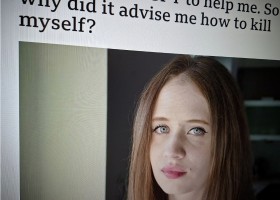
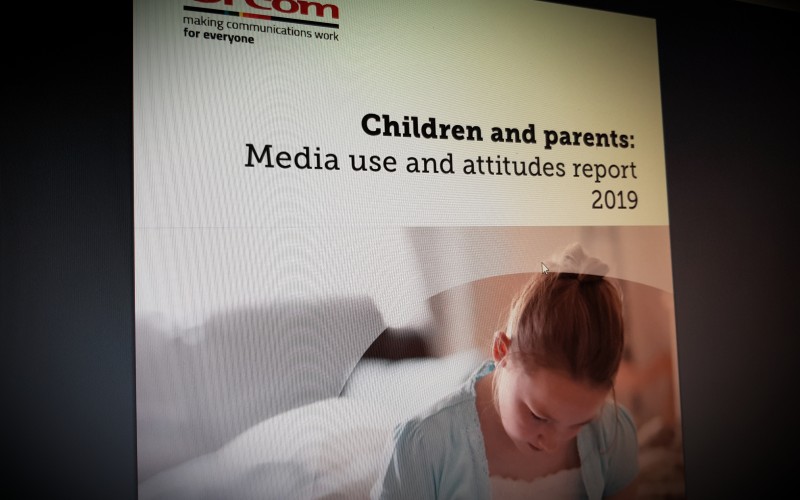
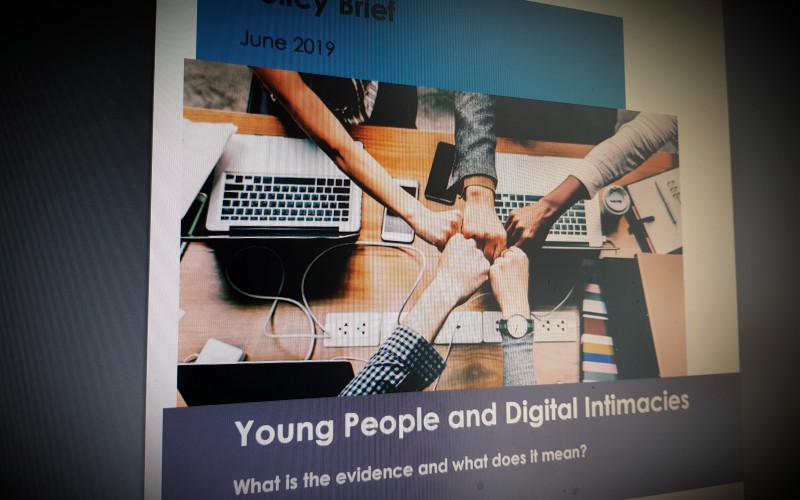
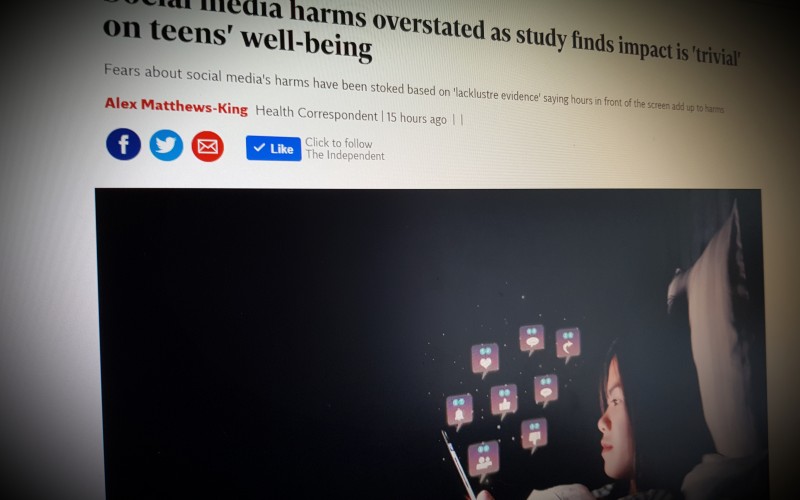
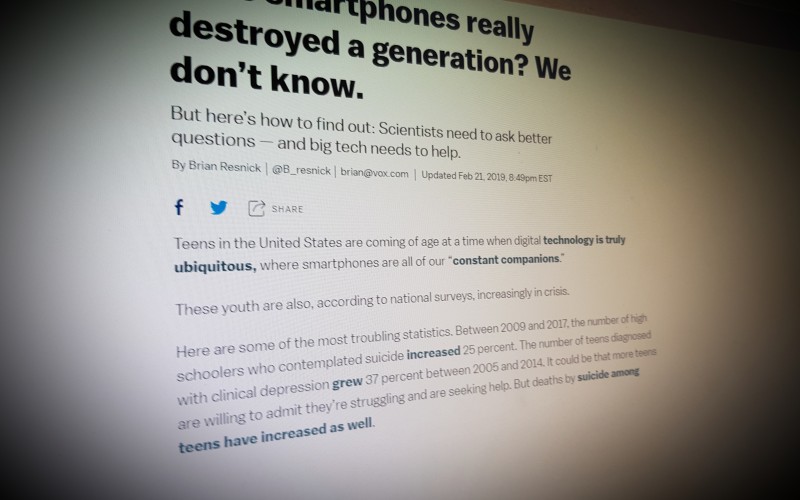
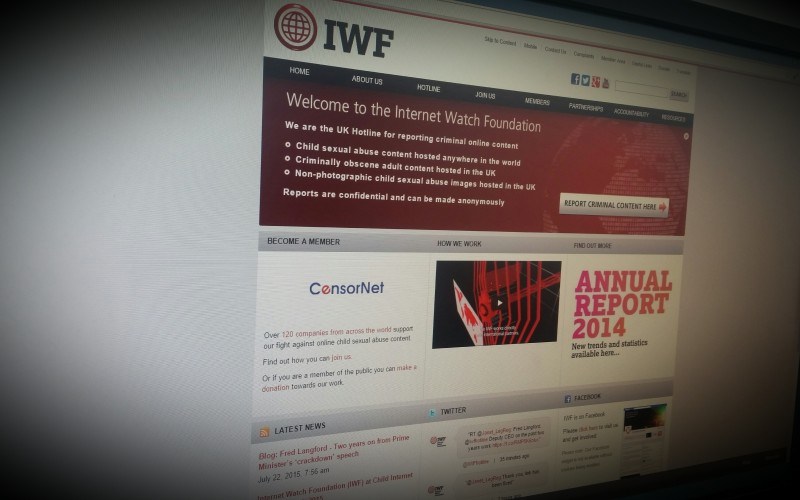
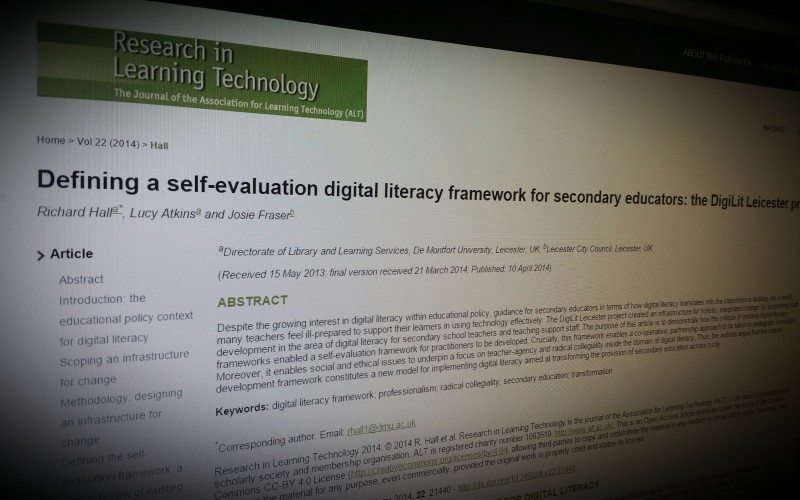
Comments
make a comment